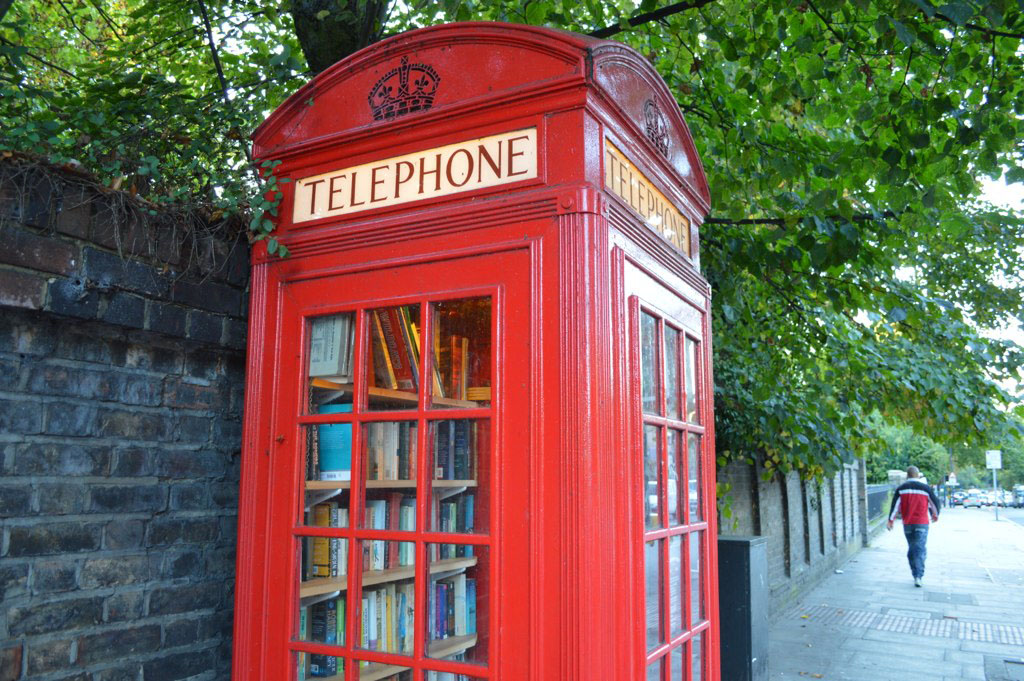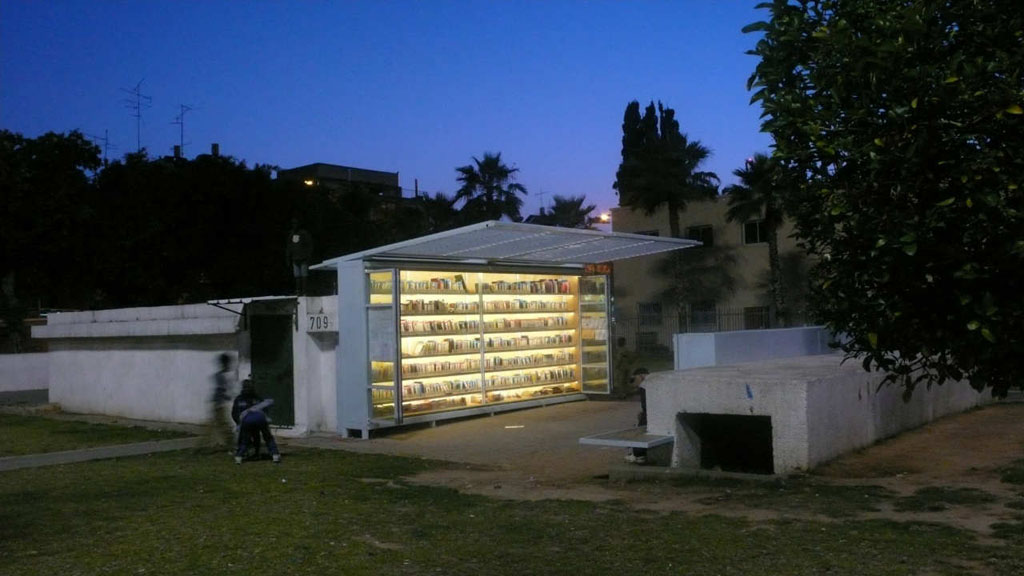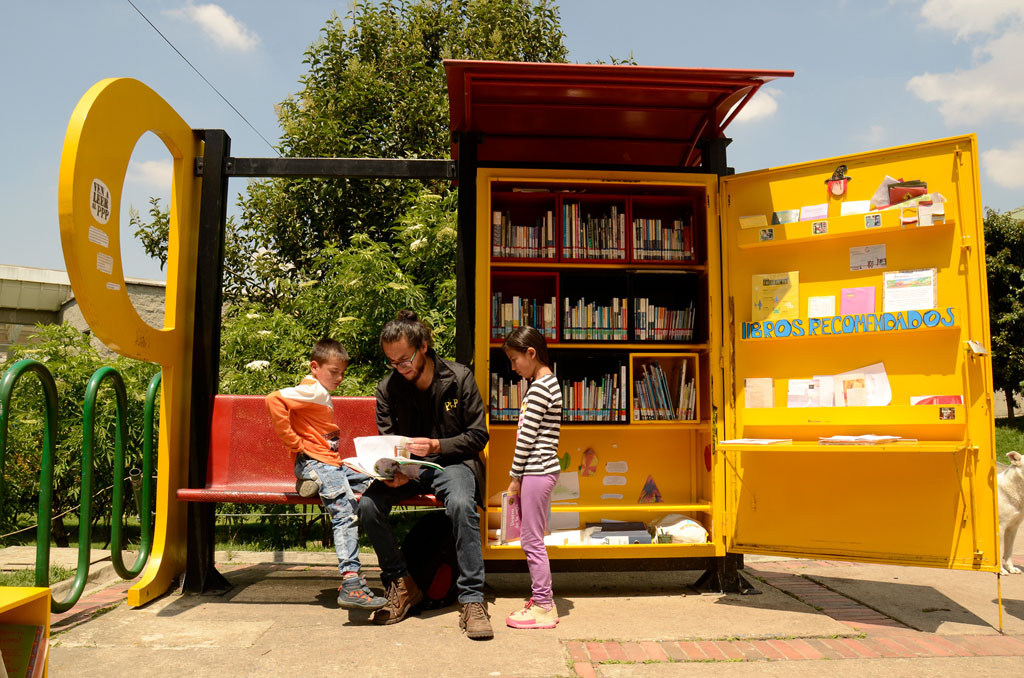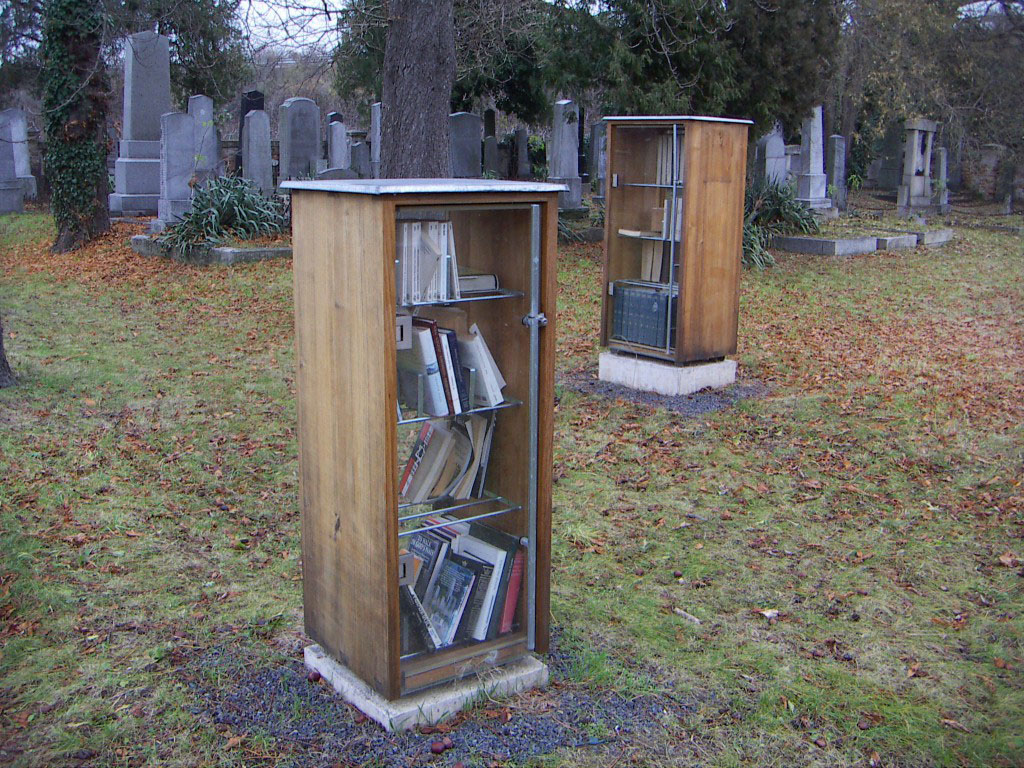Vaulted ceilings and walls of books do not a library make. In fact, all you really need are a few books, perhaps some shelves, and someone to look after it from time to time. That’s just what these little libraries and creative book-lending concepts offer, with the singular goal of bringing the joy of reading to everyone, no matter who or where they are.
Biblioburro Donkey Libraries In Colombia
Colombia’s Biblioburro is surely like few others. Started by founder Luis Soriano, the concept is as simple as it is brilliant: donkeys, books and promoting a love of reading. “I was the only one in my community who had books,” Soriano told the BBC in an interview. The 70 books he owned, ranging from history and geography to dictionaries and literature, formed the origin of Biblioburro.
Worried that local kids wouldn’t have books to learn from, Soriano set off on his donkey to distribute them to houses, carried by his own uniquely adapted pack saddles. Two decades later, he now has 3,000 books in storage, with an extra 1,700 ready for kids to use. Along with a fleet of “librarians”, he still travels with his donkeys around local schools in the department of Magdalena along the Caribbean coast, distributing his books and helping educate local students.
Bibliomotocarro In Italy
Retired teacher Antonio La Cava has his own slightly more modern version of Luis Soriano’s donkey library concept, called Bibliomotocarro (a wonderful word that surely needs no translation). From its well-dressed founder, Cava, to its dainty little three-wheeled vehicle, Bibliomotocarro has a touch of style combined with a sense of fun.
Cava travels across Italy, covering up to 200-300 kilometres a day, bringing books to remote communities in his converted three-wheel Ape Car 500, which holds up to 1,000 books. During the two decades that he’s been doing this, Cava’s mission has taken him on a 180,000-kilometre journey through tiny towns and villages, delivering books to school kids eager to read and learn.
Little Free Libraries Around The World
The concept could neither be simpler nor more ingenious: started in 2009 by Todd H. Bol, the Little Free Library is a “non-profit organisation that inspires a love of reading, builds communit[ies] and sparks creativity.” It does this by encouraging neighbourhoods around the world to exchange books that people deposit in a small, often purpose-built, wooden library, sometimes that hold only a handful of books. So-called ‘stewards’ at the Little Free Library help people set up the libraries, and they say they are now represented in 91 countries.
Library In A Tree In The US
Though there are some commonalities in all Little Free Libraries, they don’t always look the same. A remarkable example of one of the best and most unusual is the one real-life librarian Sharalee Armitage Howard created in a 110-year-old cottonwood tree in her hometown of Coeur d’Alene, Idaho, USA. The tree was to be completely removed, but Howard transformed its remains instead into a charming Little Free Library. Its attractive sloping roof and sash window/door are inspired design elements complementing the main attractions: that wonderful old tree, and its collection of free books.
British Phone Box Libraries In The UK
With their striking red paintwork, gently rounded roofs and tall box-shaped designs, the British red phone box has for decades been a much-loved feature of the UK landscape. The original was designed in 1924, and nearly a century later – with most displaced by mobile phones – a host of them have been transformed into micro-libraries. In 2010, one appeared in North Yorkshire’s Marton cum Grafton, and now they exist across Britain, either self-managed by users or by volunteers. BT, the company that owns the fleet of red telephone boxes, now have an Adopt a Kiosk scheme, and in the spirit of the micro-libraries, ten of them in Cheltenham have even been transformed into mini art galleries. [Photo: Matt Brown/Flickr]

Karo Literaturpavilion aus Bierkästen In Germany
Germany as a “nation of passionate beer lovers” is the general stereotype, and if some research on consumption per capita is anything to go by, it seems to be correct. Some might therefore find it fitting that one of the most architecturally inspiring mini libraries ever created is the so-called Literaturpavillon aus Bierkästen – literally, the “literary pavilion made of beer crates”.
Admittedly, the pavilion is no longer made of beer crates today – it was a temporary construction built by locals in Magdeburg, Germany, based on a model for a future pavilion to be built where a now-demolished library once stood. The beer crate library was the site of a book collection and 2-day literary festival in 2005; visitors today will find the permanent pavilion, designed by Karo Architekten and made of prefabricated pieces of a demolished building, operating as an open-air free exchange library, with books sitting on pavilion shelves above a welcoming wooden terrace and grass lawns. [Photo: © Karo Architekten]

The House Library With No Rules In The Philippines
“NO RULES” is not the first thing one might think of when entering a library. In fact, in the English-speaking world, it’s common to see signs saying “No Talking” or “Silence” in libraries. But not here, in this unique library in the Philippines, which proudly and openly proclaims its “no rules” policy in capital letters for everyone to see. It’s the creation of Hernando ‘Nanie’ Guanlao, who has turned his modest home in Manila into a library – called Reading Club 2000 – that absolutely anyone can visit, browse and borrow from. It started when Guanlao found a host of books in his childhood home, and decided he would make them available to local school children. After displaying them on a bookshelf outside the house, people in turn started dropping off their own books. He quickly ran out of space and expanded it into the house, transforming his home into a library.
The Multicultural, Multilingual Garden Library In Israel
Created for migrants and asylum seekers, the outdoor Garden Library in Tel Aviv may only contain around 3,500 books, but it is a striking reminder of the power of the written word. The library houses books in 16 languages (including Arabic, Nepali and Hindi), and when users return a tome, they are asked which of seven emotion words best describe it – such as ‘amusing’, ‘boring’, ‘bizarre’ and so on. Subsequently, librarians identify each book and place it on a shelf according to its latest classification, attaching a sense of transiency to each book. Founded in 2009 and originally conceived as temporary, the Garden Library is now the centre point of a thriving community, cultural and education centre, led and coordinated by the people it intends to support: migrants and asylum seekers. [Photo: ©Yoav Meiri Architects]

Los Paraderos Paralibros Paraparques (PPP) In Colombia
With their distinctive and outsized yellow ‘P’ motif, red seats and roofs, plus the all-important yellow shelves packed with books, Los Paraderos Paralibros Paraparques (PPP) has gradually become a familiar sight in some neighbourhoods of Bogotá, the capital of Colombia. Created around a decade ago, each PPP contains around 300 books (for children and adults), which are available for users to take home or read in the park. Each library is open for just 20 hours a week (largely run by volunteers, it seems), but each has a programme of activities to encourage reading for kids and adults. [Photo: Los PPP]

Honourable Mention: The Open Public Library In Austria
Nobody is quite sure, but the first modern open public library that popped up (meaning outside the confines of traditional institutions) is thought to have been the one created by Michael Clegg and Martin Guttmann back in 1991, which reconceptualised the ‘library’ by radically changing the rules. They simply placed three wooden bookshelves with see-through plastic fronts around Graz, Austria, creating their seemingly unique offene Bibliothek (Open Public Library) concept. In effect, they created the notion of a local community library, whereby locals took and deposited books, without any sort of registration, and without the need for a library card. Though their original Open Public Libraries were temporary and have since been removed, in one way or another, Clegg and Guttmann have inspired thousands of similar micro libraries across the planet. [Photo: The Open Public Library]




















